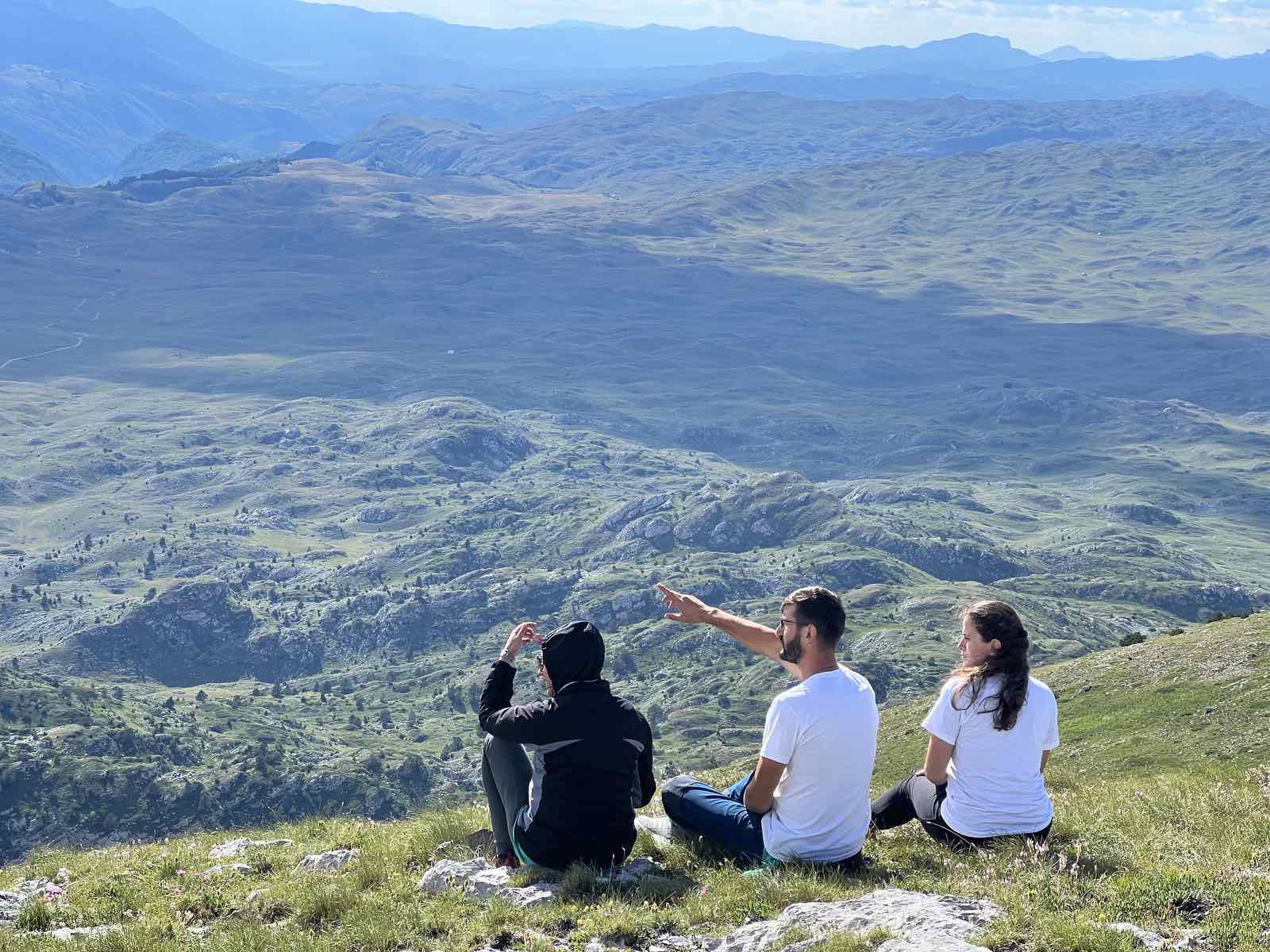
By World BEYOND War, July 19, 2022
Our friends at Save Sinjajevina and our allies in the struggle to protect a mountain in Montenegro from becoming a NATO military training ground are making progress.
Our petition has just been delivered to an advisor to the Prime Minister. We’ve got a billboard up right across the street from the government.
A series of actions led up to the delivery of the petition, including the celebration of Sinjajevina Day in Podgorica on June 18th. There was coverage of this event by four television stations, three daily newspapers, and 20 online media outlets.
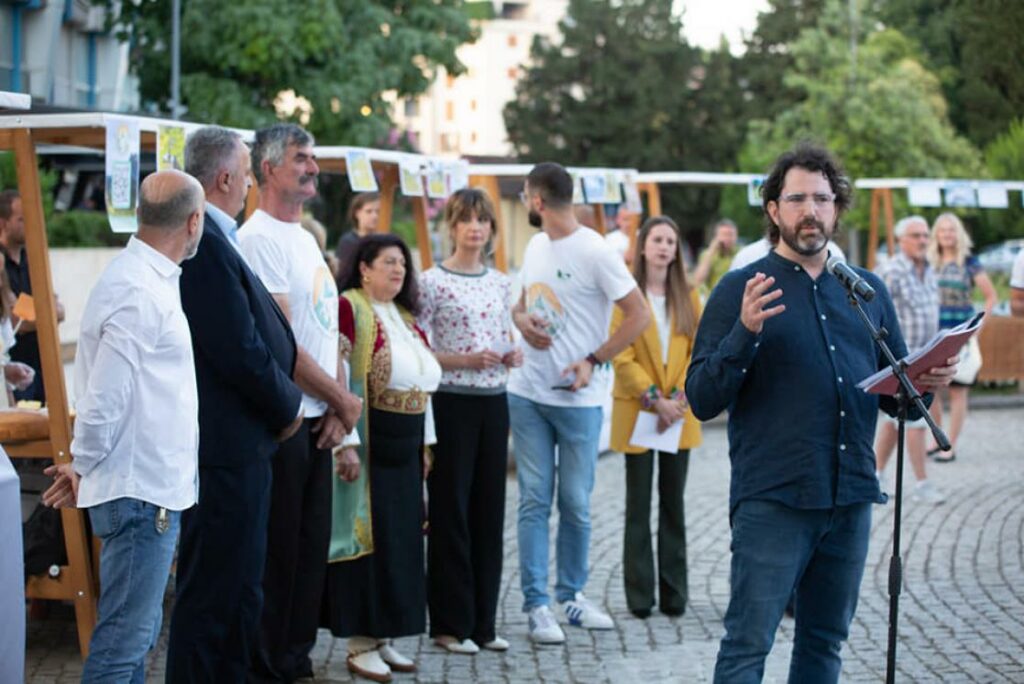
On June 26, the European Parliament published its official Progress Report for Montenegro, which included this:
“Reiterates its call on Montenegro to take urgent measures to effectively conserve protected areas, and encourages it to continue identifying potential Natura 2000 sites; welcomes the proclamation of three marine protected areas (Platamuni, Katič and Stari Ulcinj) and the nomination of the beech forests in Biogradska Gora National Park for inclusion on the UNESCO world heritage list; expresses concern about damage to bodies of water and rivers related to infrastructure projects, including Lake Skadar, Sinjajevina, Komarnica and others; regrets that despite initial progress the Sinjajevina issue is still not solved; underlines the need for assessment and compliance with the Habitats Directive and the Water Framework Directive; urges the Montenegrin authorities to enforce effective, dissuasive and proportionate penalties for all environmental offences and to root out corruption in this sector;”
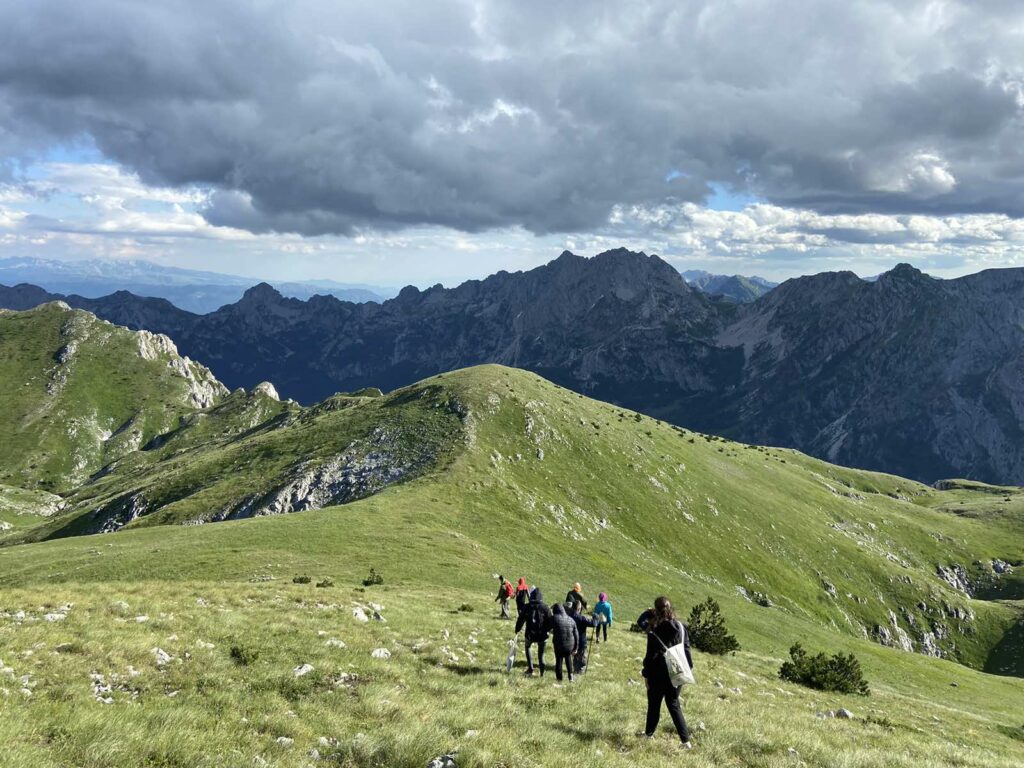
On Monday July 4, just after the NATO summit in Madrid and just before the start of our solidarity camp in Sinjajevina, we received a worrying statement from the Minister of Defense of Montenegro, who said that “it is not logical to cancel the decision on the military training ground in Sinjajevina” and that “they are going to prepare for new military exercises in Sinjajevina.”
But the Prime Minister spoke out and said that Sinjajevina would not be a military training ground.
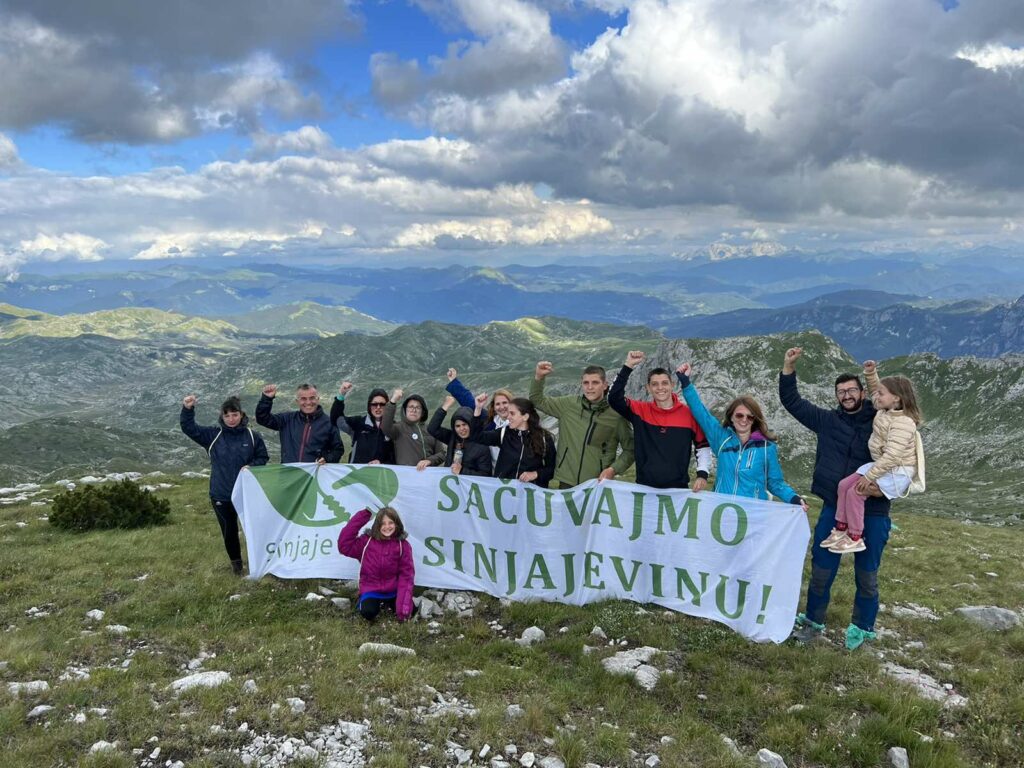
On July 8-10, Save Sinjajevina was a key part of the online #NoWar2022 annual conference of World BEYOND War.
On those same dates, Save Sinjajevina organized a solidarity camp next to the Sava Lake in Sinjajevina. Despite a first day of rain, fog, and wind, people managed well. Some participants climbed one of the highest peaks in Sinjajevina, Jablan’s peak, 2,203 meters above sea level. Unexpectedly, the camp had a visit from the Prince of Montenegro, Nikola Petrović. He gave full support to our struggle and told us to count on his support in the future.
Save Sinjajevina provided food, accommodation, refreshments, as well as transportation from Kolasin to the solidarity camp for all camp participants.
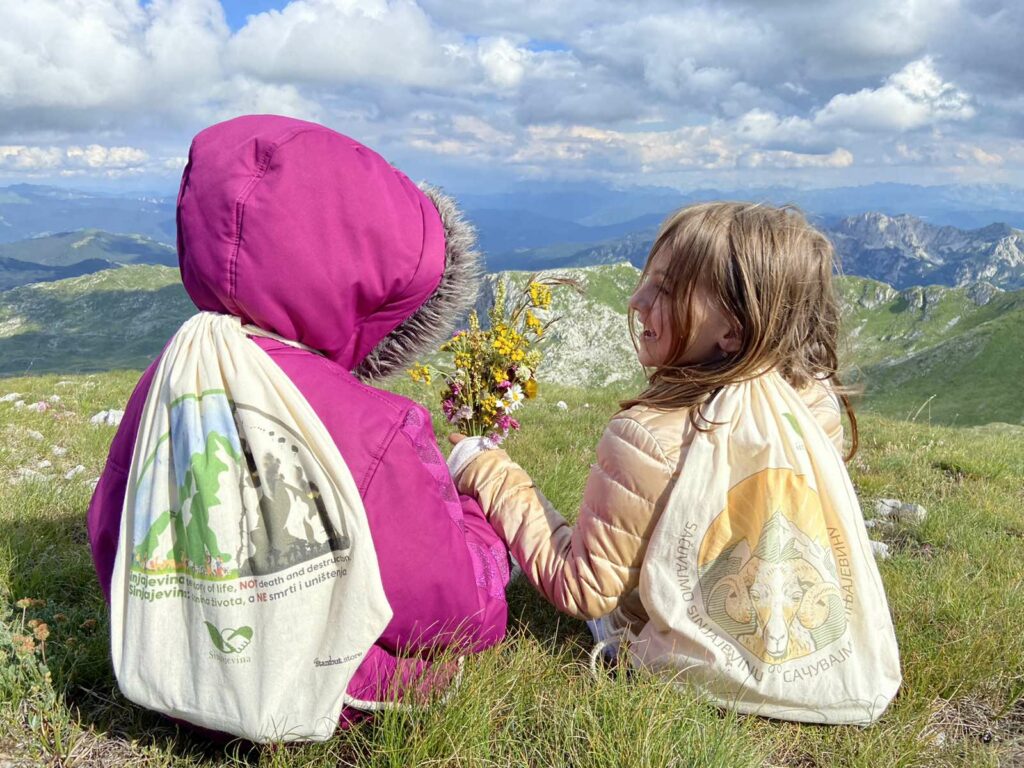
July 12 was the crowning event with a traditional celebration of St. Peter’s Day. With about three times as many participants as the year before, 250 people took part. This was covered by Montenegrin National TV.
We had a rich program with traditional games and songs, a folk choir, and an open-mic (called guvno, a sort of public parliament of Sinjajevinans).
Events concluded with a number of speeches on the situation of the military training ground proposal, followed by an outdoor lunch. Among those who spoke: Petar Glomazic, Pablo Dominguez, Milan Sekulovic, and two lawyers from the University of Montenegro, Maja Kostic-Mandic and Milana Tomic.
Report from World BEYOND War Education Director Phill Gittins:
Monday, July 11
Preparation day for Petrovdan! The night of the 11th was cold, and campers spent much of the time eating, drinking, and singing songs together. This was a space for new connections.
Tuesday, July 12
Petrovdan is the traditional celebration of Saint Peter’s Day at the Sinjajevina campsite (Savina voda). 250+ people gathered on this day in Sinjajevina. While attendees came from different local and international contexts – including Montenegro, Serbia, Croatia, Columbia, United Kingdom, Spain, and Italy, among others – they were all united by a common cause: the protection of Sinjajevina and the necessity to oppose militarization and war.
In the morning and early afternoon, there was a celebration of Saint Peter’s Day traditional festivity (Petrovdan) in the same location as the camp in Sinjajevina (Savina voda). Food and drink were provided by Save Sinjajevina at no cost. The celebration of Saint Peter’s Day was featured on national television and included a range of social media coverage and a visit from a politician.
The preparation/celebration of Petrovdan required many of the core skills deemed important to peacebuilding. These skills are closely related to the so-called hard and soft skills too.
- Hard skills include the systems and project-oriented transferable skills. For example, strategic planning and project management skills needed to successfully plan/carry out the work.
- Soft skills include relationship-oriented transferable skills. In this case, team work, non-violent communication, cross-cultural and intergenerational engagement, dialogue, and learning.
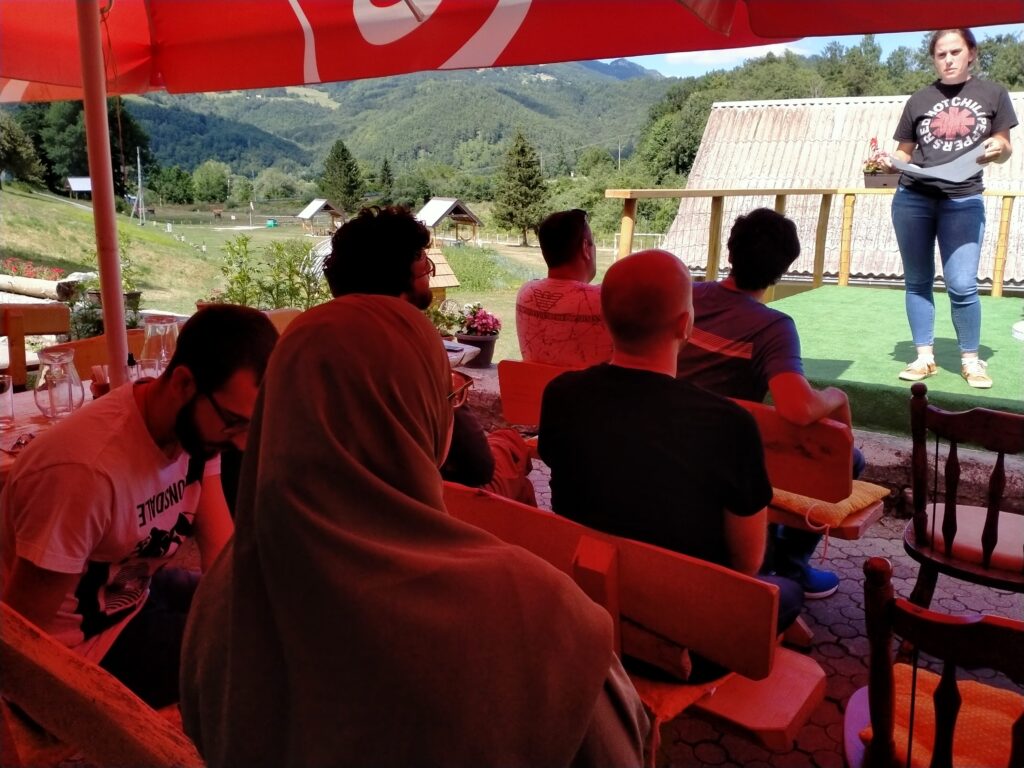
On July 13-14, Phill led a peace education youth camp, in which five young people from Montenegro and five from Bosnia and Herzegovina participated. Phill’s report:
Young people in the Balkans have a lot to learn from each other. The Youth Summit was designed to enable this learning to take place by bringing young people from Bosnia and Herzegovina and Montenegro together to engage in intercultural learning and dialogue related to peace.
This work took the form of a 2-day workshop, aimed at equipping young people with conceptual resources and practical tools relevant to conflict analysis and peacebuilding. Young people represented a wide range of educational backgrounds, including psychology, political science, anthropology, software engineering, literature, journalism, and anthropology, among others. The young people included Orthodox Christian Serbs and Muslim Bosniaks.
Goals of the Youth Summit
The two-day conflict analysis and peacebuilding training will enable participants to:
- Produce their own context assessment/conflict analysis to explore and explain the opportunities and challenges for peace and security in their own contexts;
- Explore ideas to do with resistance and regeneration in their own contexts, through future-oriented/future imaging activities;
- Use the summit as an opportunity to reflect on their own unique ways of working for peace;
- Learn, share, and connect with other young people from the region around issues related to peace, security, and related activities.
Learning outcomes
By the end of the training, therefore, participants will be able to:
- Conduct a context assessment/conflict analysis;
- Know how to use their learning from this course in the development of peacebuilding strategies;
- Engage with and learn from other youth around peace and security issues in their contexts;
- Consider possibilities for collaborative work moving forward.
(Click here for posters and more information about these activities)
Tuesday, July 13
Day 1: Peacebuilding fundamentals and conflict analysis/context assessment.
The first day of the summit focussed on the past and present, providing participants with opportunities to assess factors driving or mitigating peace and conflict. The day began with welcomes and introductions, giving participants from different contexts an opportunity to meet each other. Next, participants were introduced to four key concepts of peacebuilding – peace, conflict, violence, and power -; before introducing them to a range of different conflict analysis tools such as the conflict tree. This work provided the background for the work to follow.
Participants then worked in their country team to conduct a context assessment/conflict analysis aimed at exploring what they think are the main opportunities and challenges for peace and security in their respective contexts. They tested their analyses through mini-presentations (10-15 minutes) to the other country team who acted as critical friends. This was a space for dialogue, where participants could ask probing questions and provide useful feedback to one another.
- The Montenegrin Team focussed their analysis on the work of Save Sinjajevina. This is a crucial time for them, they explained, as they take stock of progress made/plan for the future. The work on Day 1, they said, enabled them to ‘lay everything down on paper’ and break down their work into manageable chunks. They spoke about finding the work around understanding the difference between root causes/symptoms of a problem particularly helpful.
- The Bosnia and Herzegovina Team (B&H) focussed their analysis on electrical structures and processes in the country – which, as one participant put it, have discriminatory practices built into the system. They made a point of saying that their situation is so complex and nuanced that it is difficult to explain to others from the country/region – let alone those that are now from the country and/or speak another language. One of the many things gleaned from the conversations/work around conflict with the B&H team was their perspective on conflict and how they think about compromise. They spoke about how ‘we learn in school to compromise. Because we have so many religions and views mixed together, we have to compromise.’
The work on Day 1 fed into the work prepared for Day 2.
(Click here to access some photos from Day 1)
(Click here to access some videos from Day 1)
Wednesday, July 14
Day 2: Peacebuilding design and planning
The second day of the summit helped participants to envisage better or ideal conditions for the world they want to live in. Whereas Day 1 centred around exploring ‘how the world is’, Day 2 revolved around more future-oriented questions such as ‘how the world ought to be’ and ‘what can and should be done to get us there’. Drawing on their work from Day 1, participants were provided with a general grounding in peacebuilding design and planning, including understanding ways to work collaboratively to incubate peacebuilding strategies.
The day began with a recap from Day 1, followed by a future imaging activity. Taking inspiration from Elsie Boulding’s idea of, “We cannot work for a world we cannot imagine” participants were taken through a focussing activity to help them visualise future alternatives – that is, a preferable future where we have a world beyond war, a world where human rights are realised, and a world where environmental justice prevails for all humans/non-human animals. The focus then turned to planning peacebuilding efforts. Participants learned and then applied ideas relevant to peacebuilding design and planning, creating a theory of change for a project before turning to project inputs, outputs, outcomes, and impact. The goal here was to support participants to incubate projects with the aim of bringing their learning back to their own contexts. The day culminated with end-summit mini-presentations to other country teams to test their ideas.
- The Montenegrin Team explained how many of the ideas covered in Day 1 and 2 were already being discussed/in their heads =- but found the structure/process of the two days useful in terms of helping them to ‘write it all down’. They found the work around setting goals, articulating a theory of change, and defining resources needed particularly helpful. They said that the summit will help them (re)shape their strategic plan moving forward.
- The Bosnia and Herzegovina Team (B&H) said that the whole experience was very rewarding and helpful for their work as peacebuilders. At the same time, in commenting on how the Montenegrin team has a real project to work on, they expressed interest in talking their learning further to ‘put theory in practice’ through real-world action. I spoke about the Peace Education and Action and Action for Impact programme, which engaged youth from 12 countries in 2022 – and that we would love B&H to be one of the 10 countries in 2022.
(Click here to access some photos from Day 2)
(Click here to access some videos from Day 2)
Taken as a whole, participant observation and participant feedback suggest that the Youth Summit achieved its intended objectives, providing participants with new learnings, new experiences, and new dialogues specific to preventing war and promoting peace. Each participant expressed a desire to stay in contact and to build on the success of the 2022 Youth Summit with more collaboration moving forward. Ideas discussed included another Youth Summit in 2023.
Watch this space!
The Youth Summit was made possible thanks to the support of several people and organisations.
These include:
- Save Sinjajevina, who did a lot of the important work on the ground, including organising the location for camp/the workshops, as well as arranging the in-country transport.
- World BEYOND War donors, who enabled representatives from Save Sinjajevina to attend the Youth Summit, covering the costs for the accommodation.
- The OSCE Mission to Bosnia and Herzegovina, who enabled young people from B&H to attend the Youth Summit, providing transport and covering the costs for the accommodation.
- Youth for Peace, who helped to recruit young people from B&H to attend the Youth Summit.
Finally, on Monday, July 18, we gathered in Podgorica, in front of the House of Europe, and marched to submit the petition to the EU Delegation, where we received a wonderfully warm welcome and unequivocal support for our activities.
We then proceeded to the building of the Montenegrin government, where we also submitted the petition and had a meeting with the Prime Minister’s adviser, Mr. Ivo Šoć. We received from him the assurance that the majority of the members of the Government are against the military training ground on Sinjajevina and that they will do everything possible to finalize that decision.
On July 18th and 19th, the two parties that have the most ministers in the government (URA and Socialist People’s Party), announced that they support the demands of the “Civil Initiative Save Sinjajevina” and that they are against the military training ground in Sinjajevina.
Phill’s report:
Monday, July 18
This was an important day. Save Sinjajevina, accompanied by 50+ Montenegrin supporters – and a delegation of international supporters in representation of different NGOs from around the world – travelled to the capital of Montenegro (Podgorica) to submit the petition to: the EU Delegation in Montenegro and the Prime Minister. The purpose of the petition is to officially cancel the military training ground in Sinjajevina and block the destruction of pasturelands. The Sinjajevina-Durmitor mountain range is the second largest mountainous grazing land in Europe. The petition was signed by over 22,000 people and organisations from different parts of the world.
In addition to the above, 6 members from Save Sinjajevina also met with:
- 2 representatives from the EU Delegation in Montenegro – Ms Laura Zampetti, Deputy Head of Political section and Anna Vrbica, Good Governance and European Integration Advisor – to discuss Save Sinjajevina’s work – including progress made so far, intended next steps, and areas in which they are in need of support. In this meeting, Save Sinjajevina were told that the EU Delegation in Montenegro is highly supportive of their work and will help connect Save Sinjajevina with contacts in the Ministry of Agriculture and the Ministry of Ecology.
- The Prime Minister’s advisor – Ivo Šoć – where members of Save Sinjajevina were told that that the majority of the members of the Government are in favour of protecting Sinjajevina and that they will do everything to cancel the military training ground in Sinjajevina.
(Click here to read more about this meeting).
(Click here to access some of the photos from activities on the 18th of July)
(Click here to access some of the videos from activities on the 18th of July)
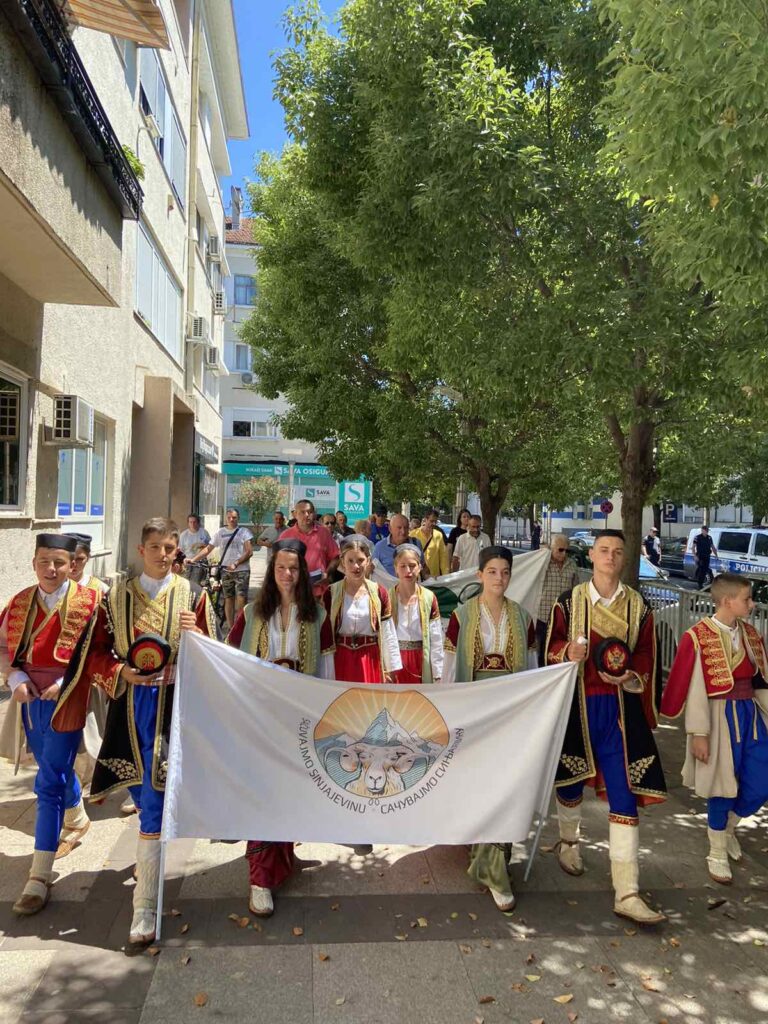



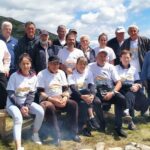
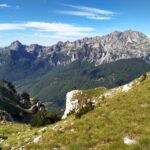
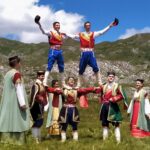
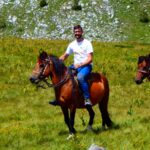
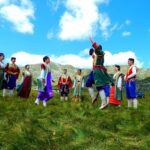
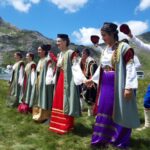
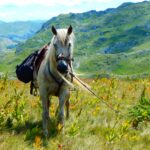






3 Responses
Great work and onwards to actually stopping the NATO desecration of this beautiful land!
Thanks for all those initiatives. The world needs courageous and good people to save humankind.
No to NATO bases anywhere!!!
Portuguese socialist governnent is a traitor to the values of peace and non interference in the other countries affairs. NO TO NATO BASES ANYWHERE
No NATO bases anywhere!